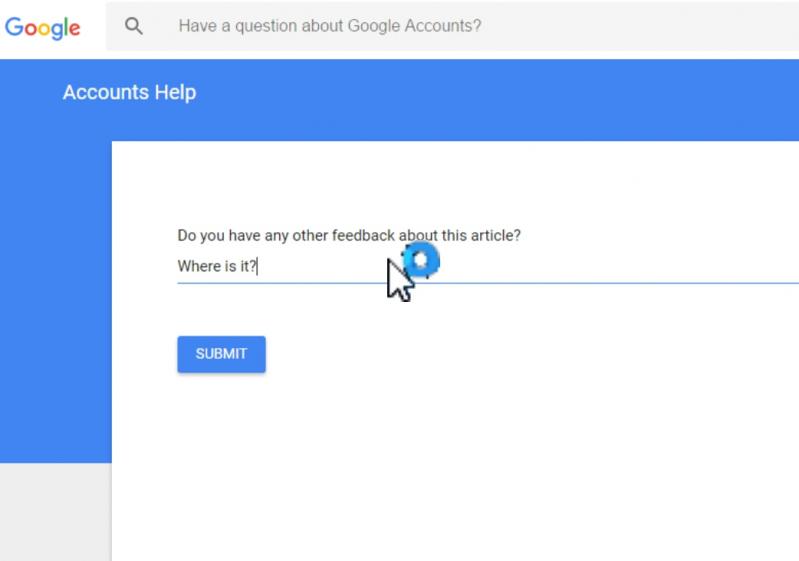Ranter
Join devRant
Do all the things like
++ or -- rants, post your own rants, comment on others' rants and build your customized dev avatar
Sign Up
Pipeless API

From the creators of devRant, Pipeless lets you power real-time personalized recommendations and activity feeds using a simple API
Learn More
Comments
-
 Forside14347yhttps://en.m.wikipedia.org/wiki/...
Forside14347yhttps://en.m.wikipedia.org/wiki/...
The easy way instead of OAuth.
TLDR:
Send as header in request:
"Authorization: Basic " + base64(username+":"+password)
and somehow check that serverside. -
I would go for something simple JWT or alternatively go with basic/digest depending on what is the nature of the clients (is it safe to have the secret client side or not)
-
@olback pretty sure you can't revoke the tokens if they get compromised... Also seems unsafe in case of account compromise.
-
I'm usually doing this with a classic post request containing the credentials in JSON which then returns a jwt token which can then be used to authenticate future requests. Take a look at https://try.vikunja.io/api/v1/... under the user/login section.
-
@Forside the problem with basic auth is you need to verify the credentials at each request, which can result in higher database loads.
-
@kolaente I'll use redis a lot for performance reasons.
Thanks people! Didn't expect this much response 😁 -
@Forside true, but client side hashing is meh at best, also, how will you get the salt there in the first place? Or don't you use a salt?
The client side hashing is meh because of the limited availability of hashing algorithms by the way -
@dev-nope I'm solely the api builder/hoster, people can develop stuff around it themselves so I don't think so :)
-
@linuxxx but you still need to verify the users password, which can create load on you server (and, more importantly, waiting time for the user) for each request.
(I'm assuming you're using some good hash algorithm like bcrypt here) -
-
 dan-pud8237yHave a look at auth0 services. It does this for you. Or cognito on AWS. Depending on what your API is implemented in there is also Django authentication.
dan-pud8237yHave a look at auth0 services. It does this for you. Or cognito on AWS. Depending on what your API is implemented in there is also Django authentication. -
 imerljak2517yJWT Token. I'd go with that. Auth user first time with form. Return token on success. Send token on authentication header for subsequent requests.
imerljak2517yJWT Token. I'd go with that. Auth user first time with form. Return token on success. Send token on authentication header for subsequent requests.
https://jwt.io/introduction/ -
Jwt tokens are the way to go if you don't want to store every token. Only thing is you would need a endpoint to invaildate tokens that are still valid(jwt has an expiry builtin). Since you use redis you're already halfway there since most people store invalidated jwt tokens in redis until they expire anyway
-
I'd go for session IDS (meaning it bring treated like a JWT on client-side but not Holding any data. Association, etc is stored server side
-
 xewl40527yA token is probably the way to go, that is linked to a user, though.. that's what I see everywhere.
xewl40527yA token is probably the way to go, that is linked to a user, though.. that's what I see everywhere.
PostNL user:token (was user:sha1(pw))
BigCommerce user:token / oauth
... -
I always go for JWT tokens, I have a table for them in my database so that if a user revoke access for that token it just stops being accepted.
I just do that cuz I set it to be valid for a year -
 Paralax12317y@gitpush Shouldn't JWTs allow you to reduce the amount of db queries? If you store them, couldn't you just use sessions?
Paralax12317y@gitpush Shouldn't JWTs allow you to reduce the amount of db queries? If you store them, couldn't you just use sessions? -
@Paralax I store revoked ones only and yes it does require db access I know my method is wrong but i need to implement oAuth later on just have no time for it. Or I'll be reducing it's validation time
-
 gruff5387yYou can use azure active directory to authenticate users for free, wrote an article on codeproject about it years ago on how to implement role based access control
gruff5387yYou can use azure active directory to authenticate users for free, wrote an article on codeproject about it years ago on how to implement role based access control -
@gruff Thanks for the suggestion but I refuse to use anything related to the big (in this case I mean Microsoft/google/facebook at least) :)
I'm going with the JWT approach.
Related Rants

 Well... Erm...
Well... Erm...
Currently working on my first real REST api and I've arrived at the authentication part.
I'm not sure how to do this one, the client will have to login using username/password but then, what's the most conventional way of authentication logged in users through a REST api? (no oauth (yet))
This should be usable for anything like ajax requests to calls from the backend to curl requests.
Looking forward to ideas!
question
authentication
help
rest